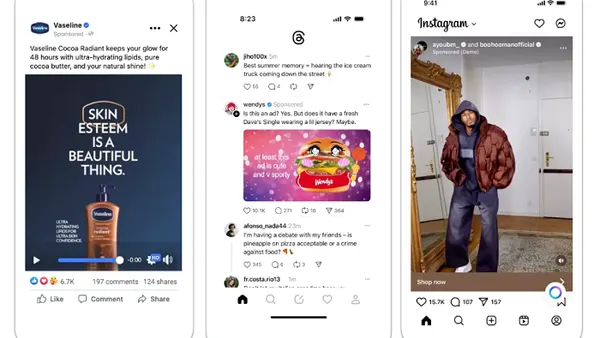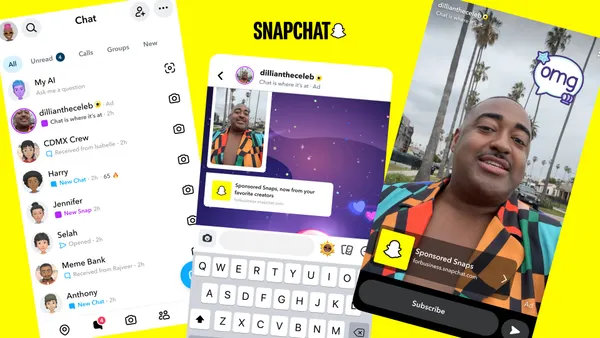Brief:
- Shopping by smart speaker is growing more slowly than previously forecast amid security concerns and competition from smartphones, eMarketer said in a revised outlook. As a result, the researcher cut its forecast for the number of U.S. consumers who will make a purchase through a smart speaker to 21.6 million this year from 23.6 million.
- The revised estimate indicates that the number of smart speaker shoppers will grow by about 18% this year from 18.3 million in 2019, and make up about 11% of total digital buyers. By next year, the number of voice shoppers is expected to reach 23.5 million to make up about 12% of total e-commerce consumers, per eMarketer.
- The researcher now expects 26% of smart speaker owners to make purchases with their devices this year, down from a prior estimate of about 28%. The forecast number of smart speaker users was cut to 83.1 million by the end of 2020 from the 84.5 million previously forecast.
Insight:
EMarketer's lowered forecast for shopping by smart speaker acknowledges several hurdles to greater adoption. Consumers are worried about privacy and the security of payments on smart speakers, as other research has suggested. More than half (59%) of people who regularly use voice-powered devices have concerns about privacy, per a study by Hub Entertainment Research. Among consumers who don't yet have a smart speaker and don't plan to buy one, 66% cited privacy as a key reason to avoid buying the devices.
Consumers also want to see products before making a purchase, but many smart speakers don't have a display — a key feature of smartphones that makes them more viable for online shopping, per eMarketer. Consumers have tended to buy lower-cost entry models of smart speakers without displays, and more than half of people who buy a smart speaker have an entry-level device like Amazon's Echo Dot or the Google Home Mini, per Consumer Intelligence Research Partners estimates cited by Marketing Land.
EMarketer's revised estimate for smart-speaker shopping also acknowledges how people use their devices for activities ranging from listening to audio to getting information. The researcher made an upward revision to its estimate of the percentage of smart speaker users who listen to audio to 81% and make inquiries to 78%. That estimate bodes well for streaming media companies like Spotify and Pandora that provide on-demand audio through smart speakers. The findings also suggests that device makers need to make broader efforts to add more features to smart speakers and educate consumers about those capabilities to boost adoption.











